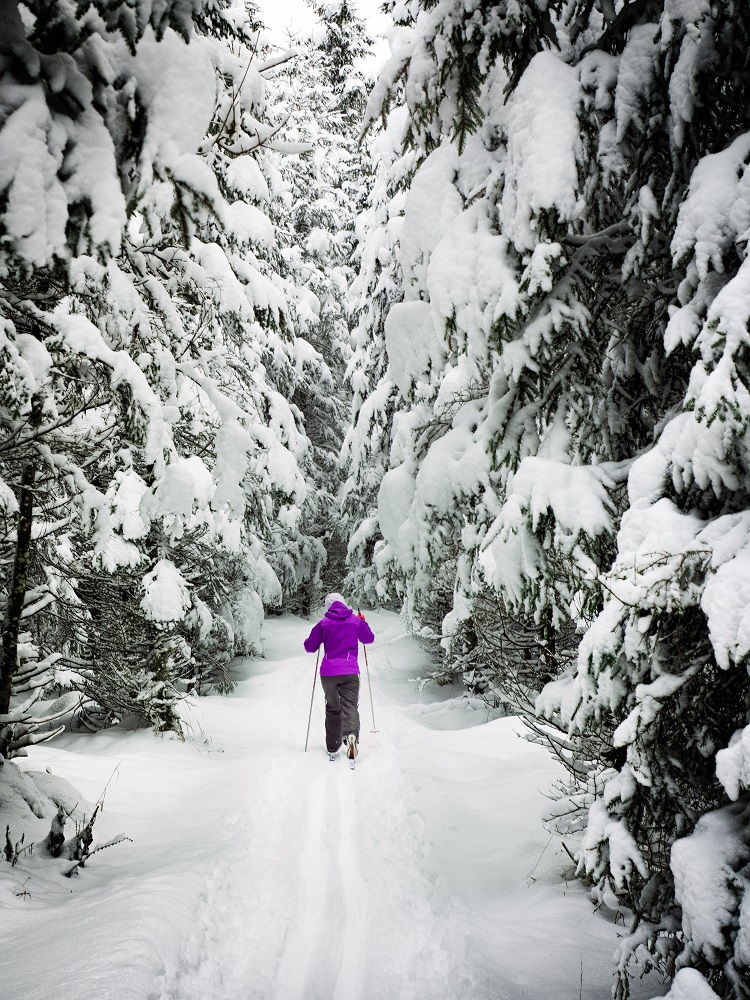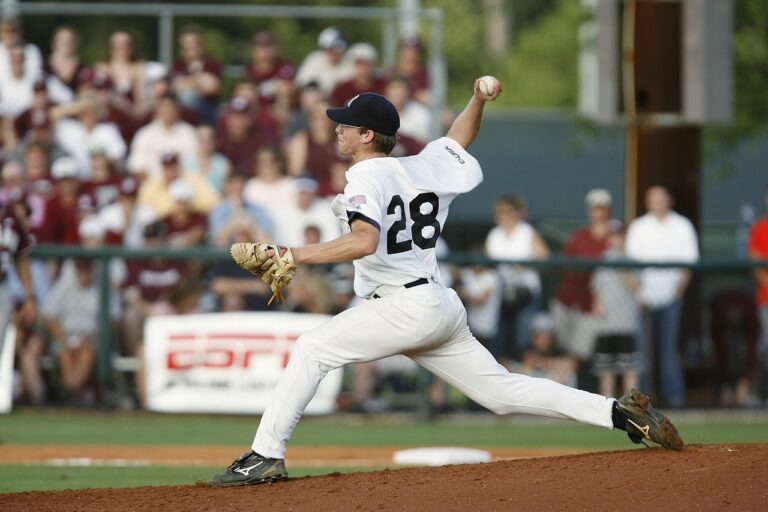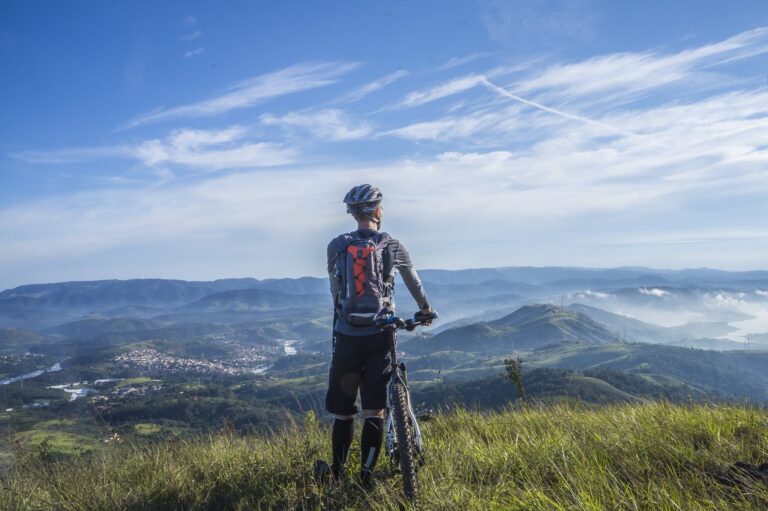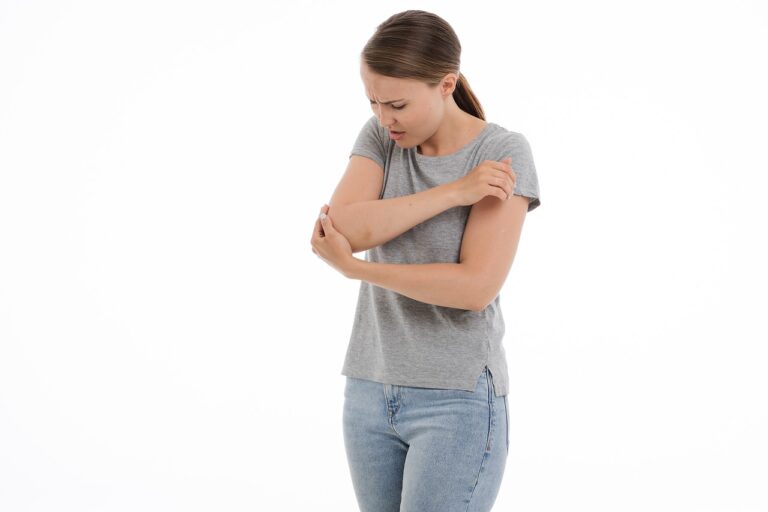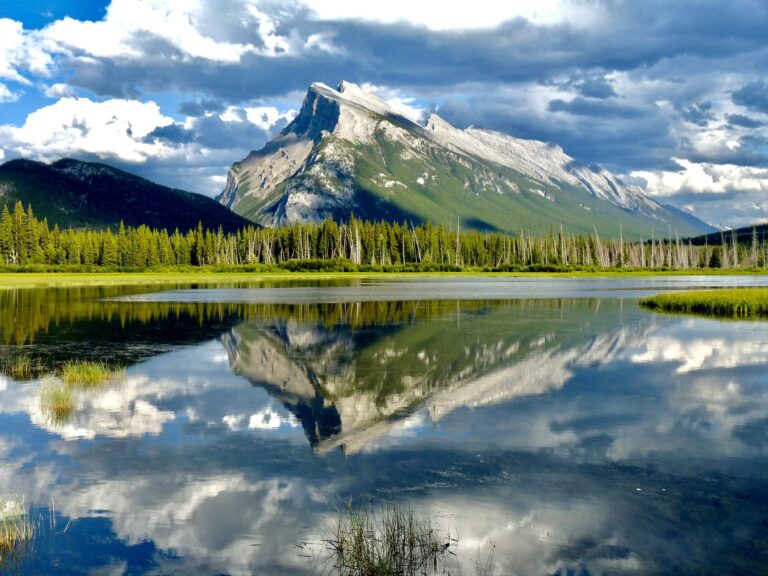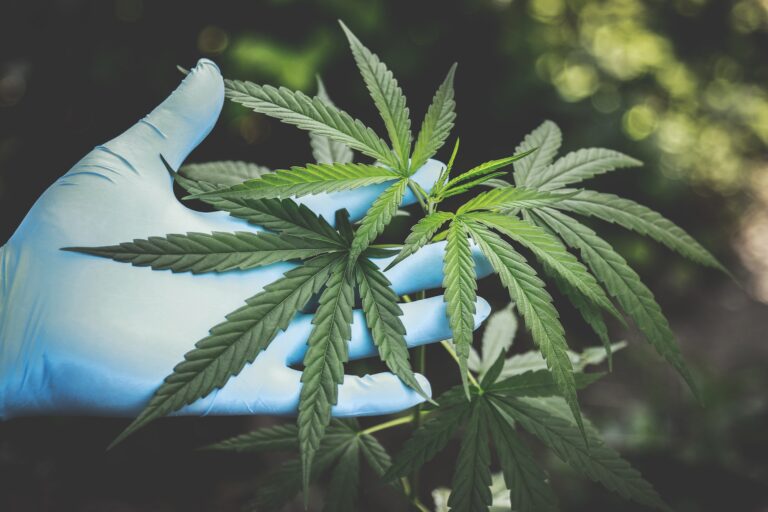Why does exercise in the cold feel so hard?
In his latest Bow Valley Crag & Canyon article, Banff Sport Medicine’s Dr. Andy Reed, discusses exercising in cold weather and provides some tips to try when doing so!
I was out last Thursday evening, trying to hit some fast paces with a few friends, and wow, did it feel difficult! My joints felt stiff, my breathing seemed excessive for the effort, and overall, it was just somewhat unpleasant! Of course, we’ve been plunged into the deep freeze this last little while, and whilst I was well rested going into Thursday’s interval session, exercise in the cold just always does feel that bit tougher.
I thought this would be a good topic for a deeper dive, and given that it’s brutally cold this week, let’s offer a few practical suggestions for outdoor activities over the Winter months.
Physiology and the cold
To start with, there are a few things to consider in terms of our physiology, when working hard in the cold.
Glycogen stores
Firstly, we tend to dive into our glycogen stores more rapidly.
When we exercise at a low intensity, fat is our primary fuel. We have abundant fat stores, and will rarely run out, but as the intensity goes up, we rely less on fat, and more on stored carbohydrates, in the form of glycogen. These glycogen stores are quite limited, and the dreaded ‘bonk’ or ‘hitting the wall’ occurs when glycogen stores become depleted. When we workout in the cold, we tend to tap into our glycogen stores at a much lower effort than usual…….
…….. this means that we run out of fuel more rapidly.
Lactate
When we exercise above a certain intensity, blood levels of a metabolite, lactate, begin to rise.
Higher lactates indicate increased workload. Now, contrary to popular belief, lactate, or lactic acid, as it’s commonly known, is not a bad thing – it’s used as a fuel, and is very valuable; but a side effect of this increased lactate production is that the environment in our exercising muscles, becomes more acidic. This acidic environment is thought to be the cause of ‘the burn’ felt when we go hard! Acidic muscles are much less efficient and fatigue more rapidly.
For any given exercise intensity, blood lactate levels are higher in cold weather, when compared to warm weather efforts. As a result, exercise in the cold just feels harder! The burn comes earlier!
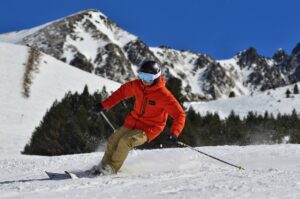
Muscle fibers
We have two general types of muscle fibres that we use when we exercise – slow twitch and fast twitch muscle fibres.
We utilize our fatigue-resistant slow twitch fibres for easier paced, endurance type activities, like easy running and skiing.
Whereas the fast twitch (and more easily fatigued) fibres are reserved for rapid, explosive activities like power lifting and sprints.
In the extreme cold, muscle contractions are inhibited – try fiddling with a zipper, or even just talking, when everything is frozen and you’ll see what I mean! As a result of less efficient and weaker muscle contractions, primarily our slow twitch muscle fibres, we tend to call into action our fast twitch fibres a bit earlier in cold weather. These fibres fatigue rather quickly, and as a result we run out of gas more quickly!
Metabolic rate
Basal metabolic rate is increased in cold weather. We literally burn more calories, just by existing in the cold. This might sound like a good thing, and it could be construed as such, but when we are out for a long run or ski, it’s hypothesized that the increase in our basal metabolic rate may ‘steal’ energy away from our exercising muscles and cardiorespiratory system. This may contribute to the sense that it’s just tougher to maintain the intensity.
Breathe
And finally, we do actually breathe harder when we exercise in the cold, for any given intensity. The amount of air that we move in and out of our lungs, the minute volume, increases on exposure to cold air. And breathing in a lot of cold air can cause the airways of susceptible people to tighten up. It literally becomes tougher to move the air in and out, and as a result we feel breathless. Many of you will be familiar with this sensation!
With the increase in ventilation rates, we also tend to lose a bit more moisture, and as a result, we can easily dehydrate. To compound this, sensations of thirst seem to be blunted in the cold.
So, together, all of these physiological effects make cold weather exercise feel harder. And it actually is harder, for a given effort. Running at 6 minutes/km at -30C feels, and is, a lot harder than at +15C !
Tips to try when exercising in the cold
Fortunately a few simple strategies can help to mitigate some of the negatives.
Firstly, the obvious strategy of layering up in the cold can be helpful. This keeps our muscles warm, and warm muscles are more efficient. Slow down, so that you don’t sweat as much. Reduced sweat means a warmer body!
Go into activities well fuelled, as you will burn through your carbohydrate stores more rapidly. Fasted exercise, which seems to have become a trend of late, is probably best avoided if you’re going out for anything more than 20 or 30 minutes in my opinion. If the activity will be prolonged, please remember to pack a few calories. This could potentially be a life saver.
Because thirst is blunted, and the increased breathing rates lead to a larger loss of moisture in our breath, it’s important to start activities well hydrated. If you can take some water or a sports drink with you, and prevent it from freezing, then this would a sensible option.

Wearing a buff or a scarf over your mouth, can also help to humidify and warm inspired air, which mitigates some of these fluid losses, and reduces bronchoconstriction.
And finally, if you are considering an interval session, perhaps change your plans. It is likely far more efficient to slow things down, and aim for a more steady, continuous effort, than to do all out intermittent sprints, with a lot of standing around and cooling down in between.
Hopefully, that gives a few things to consider, and hopefully we are out of the deep freeze soon. Stay safe and keep moving!
Expert Contributor
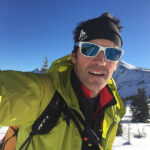
Dr. Andy Reed, Banff Sport Medicine Physician

